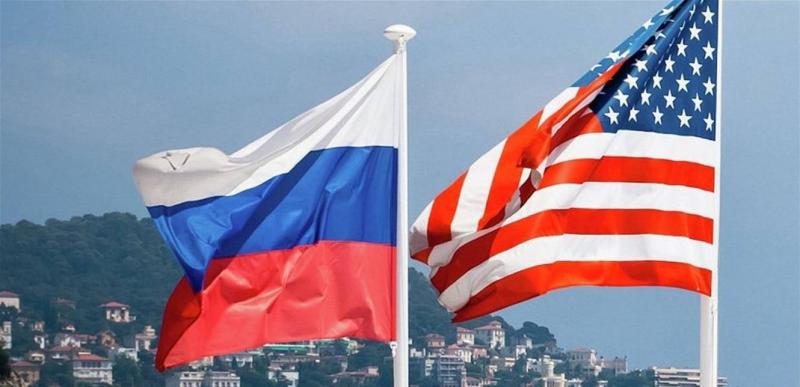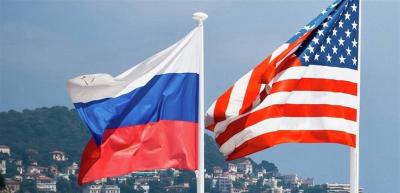Russia proposed today, Friday, to extend the United Nations Security Council's approval for delivering aid to northwestern Syria from Turkey for six months, reviving a long-standing battle with the United States and others who want to renew it for 12 months. Council approval, which consists of 15 members, is necessary as the Syrian authorities have not agreed to the UN operation, which has been providing aid, including food, medicine, and shelter, to millions in opposition-controlled areas in Syria since 2014. The current six-month mandate is set to expire on Monday.
Russia has often questioned the need for this operation, calling it a violation of Syria's sovereignty and territorial integrity, and argues that more humanitarian aid should be routed from within Syria. The Security Council has already been negotiating a draft text proposed by Switzerland and Brazil that would allow the UN operation to continue using the Bab al-Hawa crossing for 12 months. On Friday, Russia presented its competing text proposing a six-month extension.
The United States wants to extend the operation for 12 months and approve the use of three crossings. Diplomats indicated that the Council is set to vote on both the Swiss-Brazilian draft and the Russian draft on Monday. Security Council decisions require the approval of at least nine members and no veto by Russia, China, the United States, France, or the United Kingdom.
The Security Council initially permitted the delivery of aid in 2014 to opposition-controlled areas in Syria from Iraq, Jordan, and two points in Turkey. However, Russia and China reduced it to a single Turkish border crossing. UN humanitarian and relief coordinator Martin Griffiths told the Security Council last week, "A 12-month authorization allows us and our partners to achieve better humanitarian outcomes in the coming months. It's as simple as that." He also mentioned that the amount requested by the UN, which is $5.4 billion for Syria in 2023, is the largest in the world, but only less than 12 percent of it has been funded.




